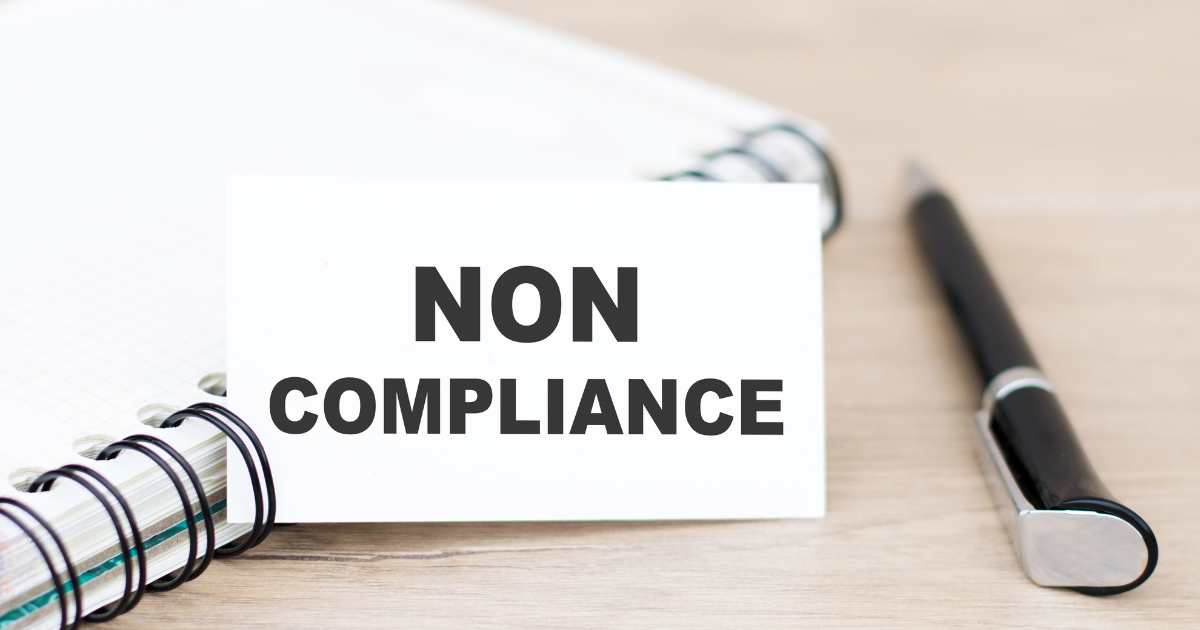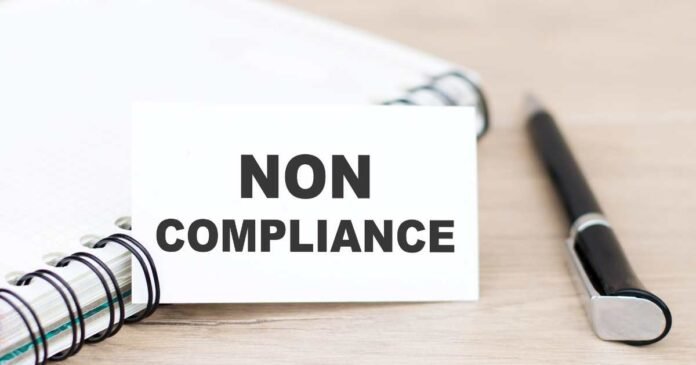
Non-compliance is a severe issue with a multitude of repercussions. And what makes it complicated is that ensuring you meet all the requirements and expected legal elements that your business needs to comply with isn’t as easy as Googling “Compliance Checklist”. Every business across all the industries, based in different municipalities with various bylaws, has different laws to follow.
According to Rethabile Thobejane, Compliance Manager at CMS South Africa, business owners’ biggest mistake when it comes to compliance is to see it as a separate area in the business, rather than understanding how deeply woven it is into the fabric of your business.
“The biggest thing that business owners often get wrong about compliance is viewing compliance as a stand-alone department in the business, rather than a strategic business partner. This perspective causes business owners to underestimate compliance’s continual, proactive and value-adding nature.”
For compliance to effectively execute its role in the business, it must intimately learn the business by ensuring that the business policies and controls adequately meet the business’s specific needs.
“This knowledge provides compliance with the ability to accurately determine whether the current efforts are sufficient, lacking, or excessive toward meeting regulatory mandates and requirements, while also ensuring that compliance initiatives are aligned with the business’s long‑term growth objectives and risk appetite,” she explains.
“Not being able to demonstrate a business owner’s in-depth understanding of the business will not instil confidence in compliance; instead, compliance risks will be perceived as a tick‑box exercise rather than a strategic enabler. The ever-evolving regulations require continual adjustment, and only when compliance is embedded as a partner can business proactively meet these changes, investor expectations and market dynamics while ensuring ongoing compliance.”
Access Information About Compliance
Thobejane shared that business owners can strengthen their compliance intelligence in their various industries by subscribing to the Compliance Institute SA Pro‑active Compliance Newsletter. “It provides an overview of updates on new relevant national laws and regulatory developments.”
She notes that they should also follow the regulatory authorities’ official pages and communication channels on social media for timely updates.
“In addition, business owners should attend industry events, roundtables, and forums to remain up‑to‑date with evolving regulations. These forums also provide opportunities to benchmark against peers, understand emerging risks and global best practices, and engage directly with regulators.”
The Biggest Hindrance to Compliance
The biggest hindrance to compliance for entrepreneurs is capacity constraints, lack of resources in the form of skilled personnel, and/or financial capital. “Often, when entrepreneurs are starting out, they lack the capacity to acquire the necessary knowledge or financial resources to hire experts to help navigate the intricate legal requirements that come with the complex legal landscape of compliance. This gap in expertise and support affects the business’s growth trajectory and long‑term survival,” Thobejane says. “The demanding nature of starting and running a business often leaves entrepreneurs with limited time to research, understand, and execute compliance mandates. And when entrepreneurs have adequate time to acquire the required knowledge, they often lack the resources to train staff and implement compliance requirements effectively.”
Lack of adequate funding will result in a shortage of personnel with the necessary skills to manage compliance or to keep up with the complex and frequently changing regulations. Over time, the business will become significantly burdened by compliance, creating strategic risks that can stall scaling opportunities, deter investors, and weaken competitive positioning.
Repercussions for Non-compliance
Some of the repercussions that entrepreneurs could face when they are not compliant with the various relevant regulations include financial penalties that erode profitability, destabilise cash flow, and disrupt operations. Business operations may be halted or disrupted due to overheads following the fine, and the business may incur escalating legal fees in an effort to challenge and/or regain its compliant status.
“Businesses may also suffer from reputational and market damage. Clients will lose trust and confidence in the entrepreneur’s services, while investors will lose interest in funding a non-compliant business. This will then restrict the business from accessing relevant industry markets and forming strategic partnerships critical to growth,” Thobejane warns.
“In severe cases, businesses and/or entrepreneurs may face civil legal action and criminal charges, where individuals responsible for non-compliance can face imprisonment, alongside fines. Beyond these immediate consequences, non‑compliance can also lead to long‑term erosion of brand equity, exclusion from strategic markets, and diminished investor confidence, outcomes that can permanently restrict a business’s ability to scale and compete,” she concludes.







